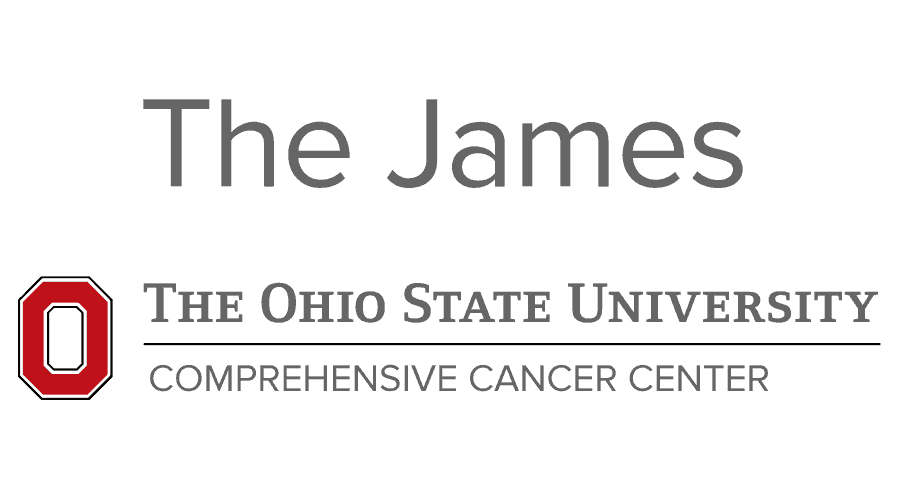
Most Cures to Cancer Shared on TikTok Are Fake, Research Shows

Findings show that 81% of posts related to cancer on the social media platform TikTok touted fake cures.
Most cancer cures promoted on the social media platform TikTok are fake, according to research findings set to be published in April 2025 in The Impact of Misinformation and Disinformation on a Democratic Society.
Furthermore, data from the research show that of 200 posts related to cancer cures on the platform, 163 touted misinformation or disinformation.
“Increasingly, TikTok is used not only as an entertainment platform but as a search platform, especially among younger generations,” study author Dr. Stephanie Alice Baker, a reader in Sociology at City St. George's, University of London, told CURE®. “The scale of misinformation and disinformation was alarming.”
The study simulated someone who had received a cancer diagnosis and used TikTok as a search engine, looking for cancer cures. Baker explained that the study then assessed the first 50 videos seen on the platform related to this topic.
The risks associated with such misinformation, Baker stated, included the serious potential for physical harm.
“It wasn't just that they were offering alternative remedies that were perhaps not tested,” she said. “They're offering products that are made for animals, so there is an issue around safety and physical harm.”
According to Baker, additional risks included patients being exposed to conspiratorial or contrarian messaging, encouraging them not to use conventional, effective treatments — and, due to the scale of this misinformation on the platform, people could be susceptible to having these ideas continuously reinforced.
“It's not as though they're viewing a large amount of content, and there's one or two extreme examples,” Baker said. “The volume of misinformation and disinformation on the platform in these bite-sized, digestible videos [reinforces the idea that] mainstream doctors can't be trusted, that there is a cure for cancer. [The idea] that they're trying to keep it a secret from you, and that you just need to buy these various products, is continuously being reinforced, one after another.”
Baker’s findings didn’t come as a shock to Dr. Laura Chambers, a gynecologic oncologist at the Ohio State Comprehensive Cancer Center at the James Cancer Hospital, in Columbus, who has previously published research on the spread of
“In some of the research that I had done before, it shows that overall, the educational content of posts on social media is quite low; a lot of that is related to reliability and those types of issues,” said Chambers. “Sadly, I'm not surprised, but I think it just shows that we need more ways to regulate social media posts. It emphasizes the importance of talking to your healthcare team when you're on social media and trying to consume content to educate yourself.”
Chambers’ research has shown that users on the platform were spreading false or misleading information about gynecologic cancer.
“I tend to find globally that many people haven't walked through this stuff. Because it’s new, a lot of the initial visits when you're sitting down with someone when they're diagnosed, are educating them on the cancer they have, what may have caused it and what implications it may have for their family. [It is important to] talk them through evidence-based treatment, whether that is surgery, chemotherapy, radiation or a combination of those…
“What's important for us as healthcare providers is being able to get information out there that all patients can understand. That is the key: When patients can understand what's being told to them, they're not going to look for these other sources that may or may not be accurate.”
CURE® spoke with Baker about her study, how its conclusions were reached and how content creators are potentially monetizing on misinformation.
Transcript:
The study simulated someone who had received a cancer diagnosis using TikTok as a search engine, searching for cancer cures and scrolling through the first 50 posts that they would see. This was conducted over a month, and out of the 200 posts that were analyzed, 81% of those contained false or misleading information, which I found striking as someone who's studied this space very closely for the last 10 years. It's at a scale that I've never seen before, especially on more traditional social media platforms where you have, for example, a follower- or a friend-based platform. How TikTok is focused on the algorithm is particularly concerning because the consumer can't filter the content in the way they usually can on other social media platforms…
While we don't always know the intention of the specific content creator, what was alarming on TikTok was the degree to which the content was monetized. Nearly all the false and misleading content directed consumers toward their Linktree account where they could buy some fraudulent products, including oil or dog and horse wormer. There were some [videos] that were more conspiratorial in nature and I think the intention there was to spread suspicion and generate this sense of distrust around medical and scientific institutions and pharmaceutical drugs.
In the case of the study that I looked at, nearly every form of misinformation or disinformation was monetized. Part of the issue here is how accessible it is for these content creators to monetize their videos. It's almost incentivized because they don't even need to have a huge amount of followers to be able to create a following. They can cut through the noise by creating very engaging posts, using some type of emotional hook to then direct users to their bio and their Linktree where they can sell products.
Transcript was edited for clarity and conciseness.
For more news on cancer updates, research and education, don’t forget to
Reference:
“‘Link in bio’: fake cancer cures, radicalization pathways and online harms on TikTok’” by Stephanie Alice Baker, The Impact of Misinformation and Disinformation on a Democratic Society.




